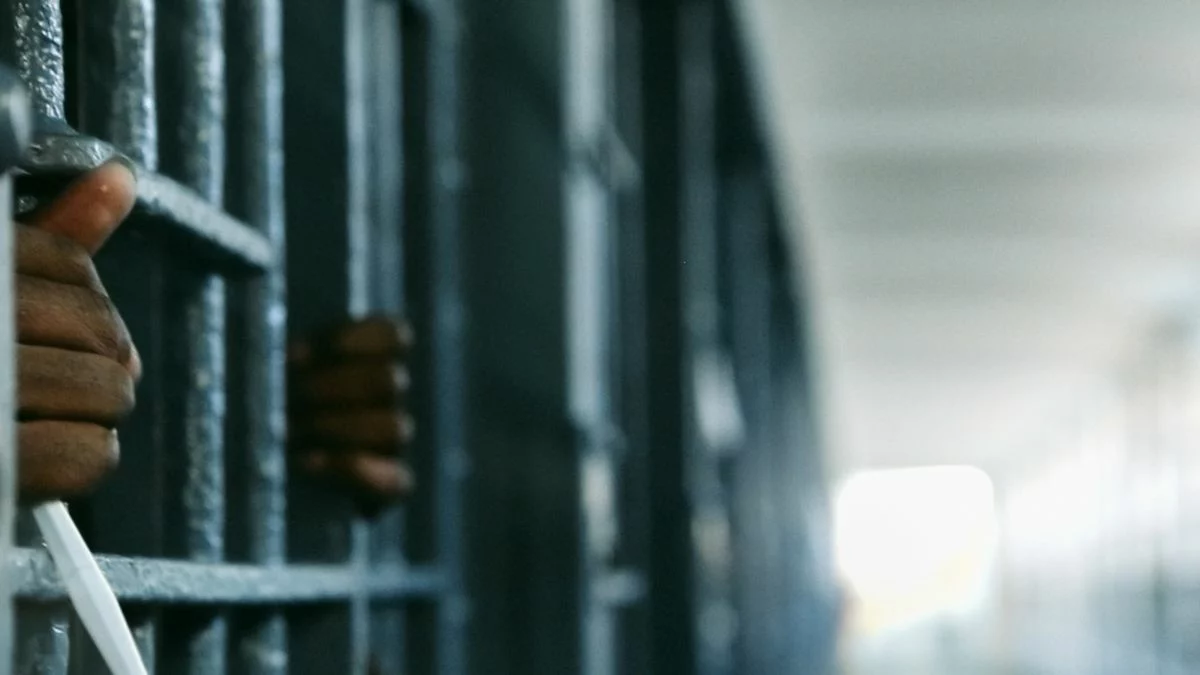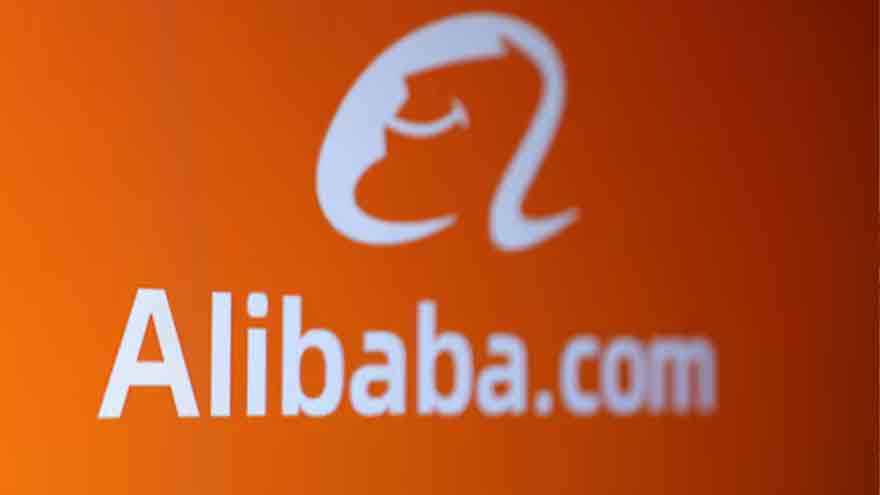A coalition of 18 prominent Nigerians, including human rights activist, Chidi Odinkalu, former presidential adviser Babafemi Ojudu, and lawyer Richard Akinnola, has warned President Bola Tinubu against what they describe as a deliberate effort to undermine Nigeria’s democracy and steer the nation towards a one-party state.
In a strongly worded statement on Sunday, titled “Defending Democracy: A call to resist the march toward a one-party state in Nigeria,” the group expressed alarm over what they termed a systematic dismantling of the country’s democratic foundations.
The signatories — including Abdul Mahmud, Dr. Sam Amadi, Auwal Ibrahim Musa (Rafsanjani), Nnimmo Bassey, Adeola Soetan, Hon. Uche Onyeagucha, Uzodinma Nwaogbe, Mma Odi, Osa Director, Prof. Adele Jinadu, Abubakar Siddique Mohammed, Chief Tola Adeniyi, Dr. Jibrin Ibrahim, Femi Aborisade and Olufemi Adegbulugbe — accused the Tinubu administration of employing “Bribery, blackmail, and coercion” to weaken opposition parties.
They alleged that political figures are defecting to the ruling All Progressives Congress (APC) not out of conviction but due to fear and pressure, often following investigations by anti-corruption agencies.
“We are witnessing a disturbing trend where opposition figures are being induced to defect to the ruling party, not out of conviction, but out of fear and pressure, through bribery, blackmail, and coercion,” the statement said.
The activists warned that the erosion of political pluralism under the current administration threatens the very core of Nigeria’s democracy.
“Serving and former governors, senators, House of Representatives members, and key opposition leaders are decamping en masse under duress. An invitation by the EFCC for questioning on financial impropriety is often swiftly followed by political capitulation. The weaponisation of state institutions for partisan advantage corrodes public trust and undermines democratic integrity,” they said.
Last week, Delta State governor, Sheriff Oborevwori, former governor and Peoples Democratic Party (PDP) vice-presidential candidate, Ifeanyi Okowa, and several other PDP leaders in Delta State defected to the ruling APC in a major political realignment.
The development triggered a wave of criticism from opposition figures, who alleged that the defections were engineered through coercion and could undermine Nigeria’s multiparty democracy.
The group underscored that democracy cannot thrive without a vibrant opposition, stating, “The presence of multiple, competitive parties is not a luxury—it is the lifeblood of any democratic system. It ensures accountability, encourages debate, and fosters innovation in governance.”
They described the trend toward a dominant one-party system as a betrayal of the ideals fought for during Nigeria’s struggle against military dictatorship.
“It is not what we envisioned when we stood in the streets demanding civil rule. It is not what the constitution guarantees. And it is certainly not what Nigeria’s future demands,” they said.
The group warned that continued suppression of opposition voices could lead to a return to a culture of impunity and unaccountable governance, stifling political participation among young Nigerians.
Calling on President Tinubu to uphold the democratic principles that brought him to power, they urged an end to what they described as the persecution and intimidation of opposition leaders.
“We urge the Nigerian people, civil society, the media, and the international community to remain vigilant and speak out. History will not be kind to silence in the face of this unfolding danger,” they said.
“We did not fight to end military dictatorship only to enthrone civilian authoritarianism. We must rise now to defend democracy—or risk losing it forever.”
Presidency dismisses concerns
However, the Presidency has dismissed concerns that recent high-profile defections to the APC pose any threat to Nigeria’s democracy, describing such fears as baseless and politically motivated.
Speaking through the Special Adviser to the President on Information and Strategy, Bayo Onanuga, the Presidency rejected the allegations, insisting that democracy in Nigeria remains vibrant and under no threat.
Onanuga said the defections merely exposed internal weaknesses within the opposition, accusing “Disgruntled opposition figures, some partisan human rights crusaders, and emergency defenders of democracy” of raising a false alarm.
“While the latter-day defenders of democracy raised no anxious voice against the disgruntled politicians cobbling an anti-Tinubu, anti-APC coalition along dangerous regional lines, even before INEC blows the whistle for party politicking, they are quick to ascribe the political shifts in some states to ‘bribery, blackmail and coercion’ without any shred of evidence,” he said.
He further accused the opposition of hypocrisy, arguing that their grievances stem from failed attempts to weaken the ruling party.
“It is hypocrisy writ large when opposition politicians and their collaborators in the ‘human rights’ movement desire that the party of the president should implode so they can gain electoral advantage, and cry wolf when their wish does not materialise,” Onanuga said.
He emphasised that no policy or directive from the Presidency seeks to dismantle democracy or create a one-party system, dismissing the accusations as the “products of idle minds.”
“The opposition cannot blame President Tinubu or the APC for their own poor organisation, indiscipline, and incompetence. Strengthening opposition parties is certainly not part of the President’s responsibilities,” Onanuga added.









